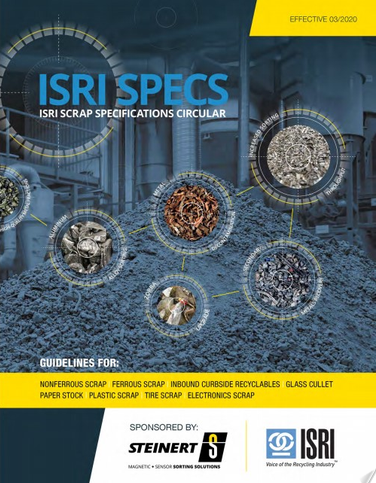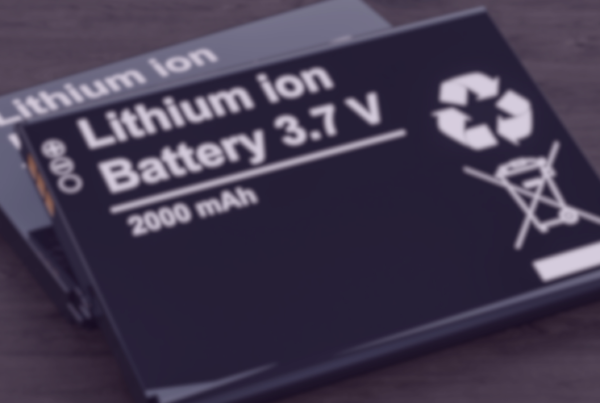At the European Union’s suggestion, the Conference of Parties to the Basel Convention will consider adding a new “R code”—which would designate reuse/refurbishment—to the recovery and recycling operations listed in Annex IV of the Convention. The EU has been looking at a range of proposed changes to Annex IV for several years, but always within the Expert Working Group on the Review of Annexes, of which ISRI is a contributing party. Now the EU is asking the full Conference of Parties to consider their proposed overhaul of the R-code listings, which includes a new listing for reuse, says Adina Renee Adler, ISRI’s vice president of advocacy. If adopted, the reuse listing may impact end-of-life electronics recyclers.
“Proposing a new code for reuse/refurbishment while Basel Convention parties have yet to finalize waste/nonwaste distinctions could impede the export and import of e-scrap for use in secondary markets,” Adler explains. ISRI and electronics recyclers consider end-of-life electronics to be products because they are often refurnished and sold for use in many markets. However, the presence of “disposal operations” in the Convention—as divided into “recovery” and “non-recovery” operations—means any product or material entering these operations is considered a “waste.”
Currently, nonhazardous end-of-life electronics are not included within the Basel Convention treaty, but the implementation of the Convention for controlling hazardous electronics is addressed in a guidance document. Among its other functions, that document provides direction on “the distinction between waste and non-waste when used equipment is moved across borders,” effectively recognizing repairable, reusable end-of-life electronics as nonwaste.
While the EU’s R-code proposal reflects a desire to modernize the treaty in a way that incorporates current market conditions, Adler says, it “creates an additional layer of legal uncertainty” by removing the distinction between electronic scrap products and waste included in the guidance document. In addition, if the Conference of Parties adopts the new R codes—along with Ghana and Switzerland’s proposed controls on the transboundary movement of all electronics—electronics recyclers could potentially find themselves “locked out” of international trade, Adler says.
ISRI is currently reviewing the EU proposal for its implications on scrap trade and will submit comments to the Basel Convention by the March 17 deadline. ISRI is also coordinating its feedback with members, the U.S. Government, and partner organizations in the information technology space.













